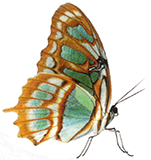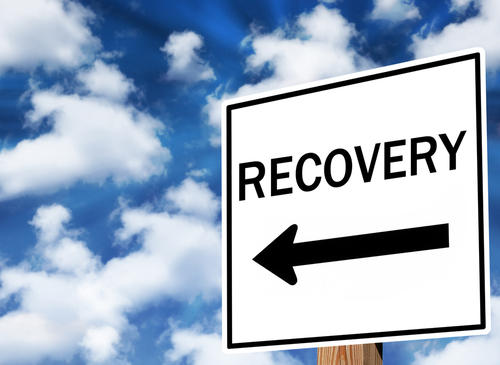Whole Life Counseling
Therapy for Children, Adolescents & Adults

RAIN WALD,MA, LMFT
(818) 389-0928
*24-Hour Answering Service
Substance Abuse
Some people are able to use recreational or prescription drugs without ever experiencing negative consequences or addiction. For many others, substance use can cause problems at work, home, school, and in relationships, leaving you feeling isolated, helpless, or ashamed.
If you’re worried about your own or a friend or family member’s drug use, it’s important to know that help is available.
Understanding drug use, drug abuse, and addiction
People experiment with drugs for many different reasons. Many first try drugs out of curiosity, to have a good time, because friends are doing it, or in an effort to improve athletic performance or ease another problem, such as stress, anxiety, or depression. Use doesn’t automatically lead to abuse, and there is no specific level at which drug use moves from casual to problematic. It varies from person to person. Drug abuse and addiction is less about the amount of substance consumed or the frequency, and more to do with the consequences of drug use. No matter how often or how little you’re consuming, if your drug use is causing problems in your life—at work, school, home, or in your relationships—you likely have a drug abuse or addiction problem and should seek help.
Why do some drug users become addicted, while others don’t?
As with many other conditions and diseases, vulnerability to addiction differs from person to person. Your genes, mental health, family and social environment all play a role in addiction. Risk factors that increase your vulnerability include:
• Family history of addiction
• Abuse, neglect, or other traumatic experiences in childhood
• Mental disorders such as depression and anxiety
• Early use of drugs
• Method of administration—smoking or injecting a drug may increase its addictive potential
The good news is that with the right treatment and support, you can counteract the disruptive effects of drug use and regain control of your life. The first obstacle is to recognize and admit you have a problem, or listen to loved ones who are often better able to see the negative effects drug use is having on your life.
Signs and symptoms of drug abuse and drug addiction
Although different drugs have different physical effects, the symptoms of addiction are similar. See if you recognize yourself in the following signs and symptoms of substance abuse and addiction. If so, consider talking to someone about your drug use.
Common signs and symptoms of drug abuse:
• You’re neglecting your responsibilities at school, work, or home (e.g. flunking classes, skipping work, neglecting your children) because of your drug use.
• You’re using drugs under dangerous conditions or taking risks while high, such as driving while on drugs, using dirty needles, or having unprotected sex.
• Your drug use is getting you into legal trouble, such as arrests for disorderly conduct, driving under the influence, or stealing to support a drug habit.
• Your drug use is causing problems in your relationships, such as fights with your partner or family members, an unhappy boss, or the loss of old friends.
• You’ve built up a drug tolerance. You need to use more of the drug to experience the same effects you used to attain with smaller amounts.
• You take drugs to avoid or relieve withdrawal symptoms. If you go too long without drugs, you experience symptoms such as nausea, restlessness, insomnia, depression, sweating, shaking, and anxiety.
• You’ve lost control over your drug use. You often do drugs or use more than you planned, even though you told yourself you wouldn’t. You may want to stop using, but you feel powerless.
• Your life revolves around drug use. You spend a lot of time using and thinking about drugs, figuring out how to get them, and recovering from the drug’s effects.
• You’ve abandoned activities you used to enjoy, such as hobbies, sports, and socializing, because of your drug use.
• You continue to use drugs, despite knowing it’s hurting you. It’s causing major problems in your life—blackouts, infections, mood swings, depression, paranoia—but you use anyway.
Getting help for drug abuse and drug addiction
Recognizing that you have a problem is the first step on the road to recovery, one that takes tremendous courage and strength. Facing your addiction without minimizing the problem or making excuses can feel frightening and overwhelming, but recovery is within reach. If you’re ready to make a change and willing to seek help, you can overcome your addiction and build a satisfying, drug-free life for yourself.
Support is essential to addiction recovery
Don’t try to go it alone; it’s all too easy to get discouraged and rationalize “just one more” hit or pill. Whether you choose to go to rehab, rely on self-help programs, get therapy, or take a self-directed treatment approach, support is essential. Recovering from drug addiction is much easier when you have people you can lean on for encouragement, comfort, and guidance.
Support can come from:
• family members
• close friends
• therapists or counselors
• other recovering addicts
• healthcare providers
• people from your faith community
RAIN WALD, MA, LMFT
10315 Woodley Ave.
Granada Hills, CA 91344
(818) 389-0928